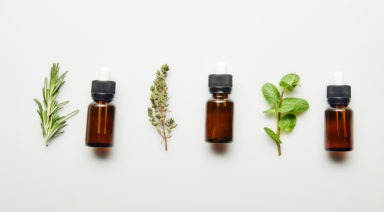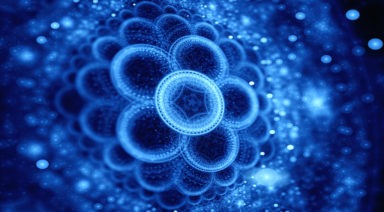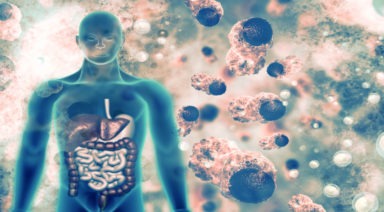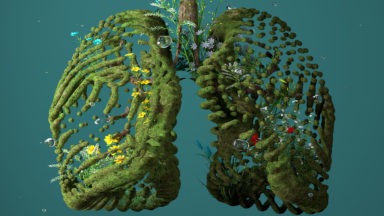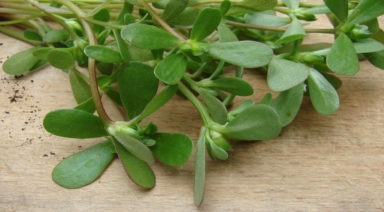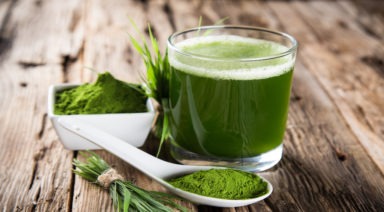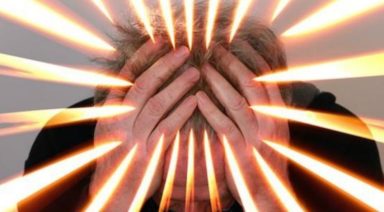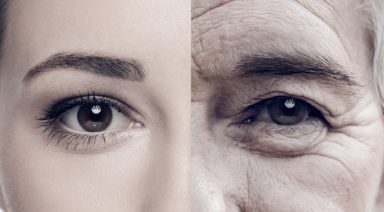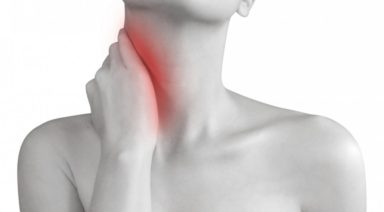380 Trillion Viruses Live In Us; How Do We Live Symbiotically With Them?
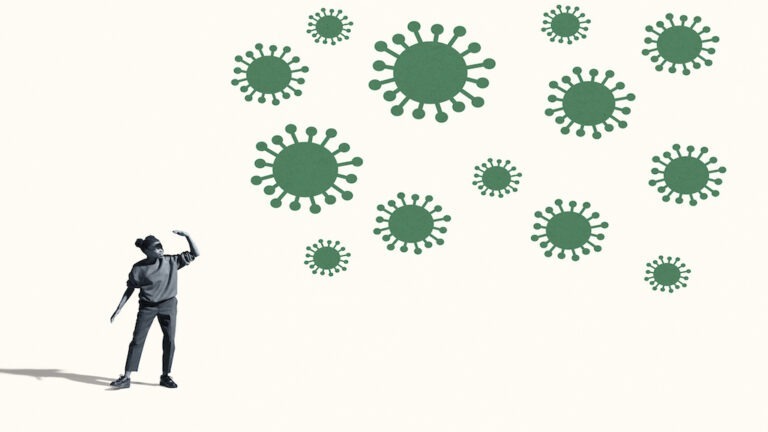
Interest in the microbiome has been steadily increasing over the past decade or so, and for good reason. The role of our internal ecosystem (gut flora) is one of the greatest scientific discoveries of our times, offering an insight into how we heal, fight off disease, and stay healthy — even in difficult times. In “Immunity and the Microbiome,” microbiologist Compton Rom presents a compelling argument for why we need to pay attention to the ecosystem of good bacteria in our digestive system.
Once we realize the great implications of how remarkable the microbiome within us can make or break our state of health, then we can boost our immunity over viruses, bacteria, and infections.
While the term “immune system” is relatively common in our daily vernacular, Rom does not limit it to the body alone. Rather, he has a holistic vision and ties the health of all life on this planet with the health of the Earth, including global warming, as well as the nature of disease-causing organisms. This holistic approach allows us to appreciate our unique role as conscious beings existing in various ecosystems that need to be recognized and respected.
Rom discusses historical evidence, showing that humans have evolved to live symbiotically with the life not just around us, but within us. This becomes particularly relevant when discussing the role of our virome, or the trillions of viruses and phages that live within our body and its cells. This he says is a major facet in maintaining proper health, by promoting symbiosis with viruses, so they don’t cause disease and illness.
We can optimize our virome and microbiome by introducing probiotic fermented and anti-inflammatory herbs, as well as a diverse diet of fruits and roots, to lower risks of infectious disease. In fact, the bacterial cells within our microbiome outnumber our human cells by tenfold.
Rom suggests our immunity from illness, as well as our relationship with the planet, begins at home. The best place to start our journey to optimum health and ideal immune function is by improving our diets, meditating, doing breathwork, exercising, and most importantly, proactively diversifying our gut microbiomes.
Compton’s philosophy is to take a non-chemical and non-pharmaceutical approach to healing, using natural herbs, and oils to eliminate pathogenic bacteria.
Our bodies, he notes, respond “best to natural compounds that have evolved alongside us for millennia. Synthetic compounds are singular in nature, while whole earth compounds carry numerous micronutrients and co-factors necessary for growth, many of which scientists have yet to discover.
This is why natural compounds are so much more effective. Modern medicine has yet to use them because they are impossible to patent; synthetics can be sold at a much higher profit than naturally derived and sustainably harvested herbs.”
What sets Rom apart from other scientists, including microbiologists and virologists, is that he does not regard bacteria, viruses, and fungi as enemies to be feared. Rather, if we take a holistic approach and see the world as a purposeful, organized, and flowing reality, then we can protect our bodies by strengthening them, rather than by taking a militant course that involves killing microorganisms, using toxic chemicals, and drugging our bodies.
As Regina Meredith aptly explains, healing and disease prevention begins “at the top,” not only with the health of our bodies, but also our states of mind, how we think, and our relationships to our planet and all the beings with whom we share precious resources.ta
The immune system is an evolutionary device. World-renowned biologist Bruce Lipton agrees that it is not completely formed when we’re born and remains in a state of evolution throughout our lifetimes. Thus, it’s what we do on a daily basis that makes the most difference in how we feel and how we stay healthy, regardless of genetics.
The fact that we can determine our own state of health is an exciting and promising notion, and it is the essence of the emerging science of epigenetics. In simplest terms, our leading scientists, such as Lipton and Rom, tell us we can take control not only of our own states of health, but also the stability and richness of our planet, and that the two are inseparable.
Holistic Dentistry Can Help Reverse Cavities
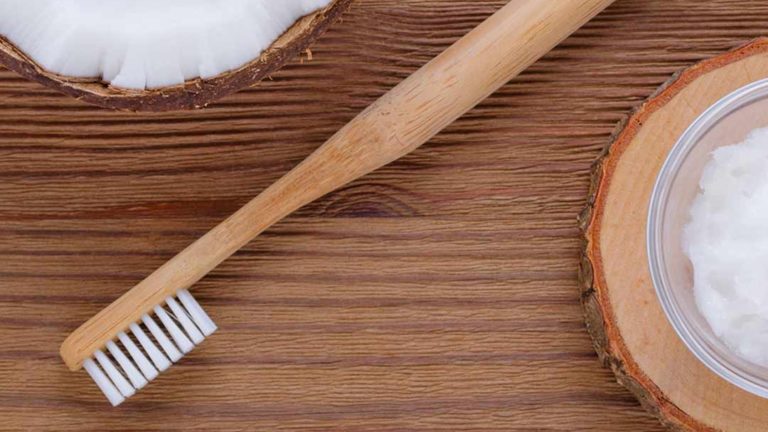
Going to the dentist is a chore that almost no one looks forward to; it’s painful, expensive, and no matter what, you’ll probably be told you’re not flossing enough. Some dentists might tell you that your issues are a matter of genetics, but that’s probably not true. This led one dentist to the realization that the intrinsic problem is not a matter of legacy, but instead a matter of diet, realizing a way to reverse cavities simply by adjusting what one eats.
How to Get Rid of Cavities
We all know processed sugar and sweets are prime contributors to cavities, but there are also vitamins and nutrients that, when deficient in our diet, can lead to tooth decay. Calcium and Vitamin D are two of these nutrients we know are responsible for strong bones and healthy teeth. But what most don’t realize is that these vitamins can be neutralized by phytic acid in the digestive process. Phytic acid and phytates act as a storage mechanism of phosphorous in plants, but when consumed by humans they aren’t broken down, instead binding with other nutrients that neutralize them in the process.
So where do phytates come from? Grains, nuts, seeds, legumes, and in lesser quantities, vegetables. But aren’t these types of food essential sources of certain nutrients themselves? Well, yes, and the answer is complicated; phytates are also known to have antioxidant properties, and their binding effect can be good for people who consume an overabundance of minerals like iron.
The big takeaway is that an overabundance of phytates in your diet can lead to weaker teeth and more cavities if not balanced with an abundance of specific nutrients. And our diets are packed with foods that contain these phytates. With the average western diet containing copious amounts of processed sugars, grains, and vegetable oil, it’s no wonder the dental industry is booming.
From a young age, we’ve been exposed to this type of diet, with the food pyramid’s foundation consisting of bread, cereals, and wheat. Although sugar is the smallest segment of the pyramid, it has found its way into almost all of the food we eat. At the same time, meat and dairy are also small segments on the pyramid, but according to research based on a diet optimized for healthy teeth, these food groups should be your foundation.



